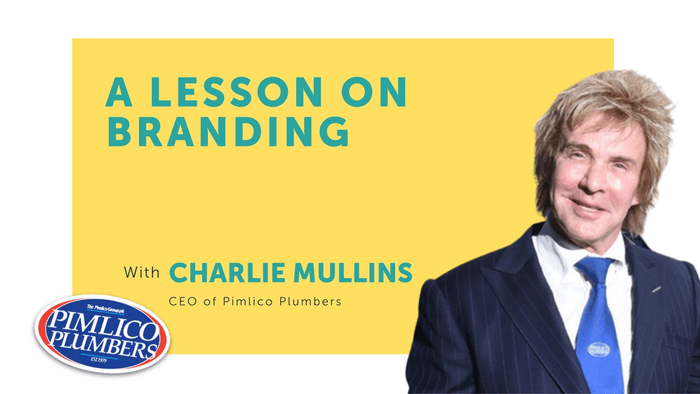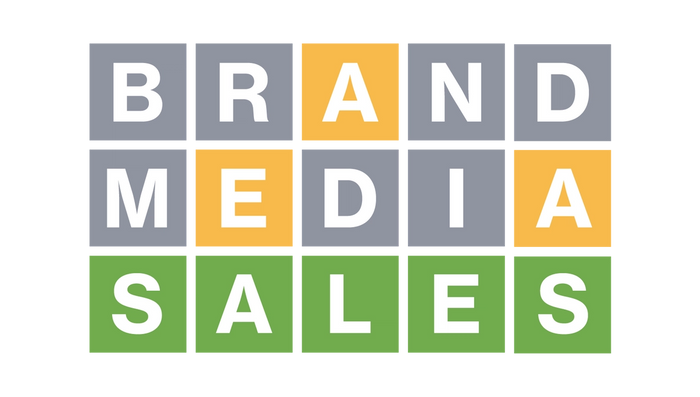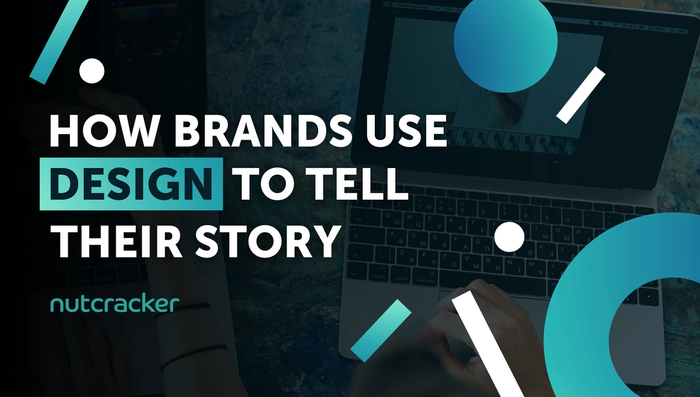Marketing
Nobody buys acronyms: how to sell something complex in B2B marketing
If there is something complex or technical behind your business’s offering, you might have found at some point that your messaging wasn’t resonating, and the new business pipeline was starting to dry up. There’s a common reason at the root of that — when the complexity of your expertise bleeds into the marketing that supports it, then the messaging becomes unrelatable, and doesn’t resonate with its audience. When that happens, marketing doesn’t work.
So, how should you talk about your product or service? The first principle would be to lead with the pain that your targets are feeling. For example, it’s less:
‘With advanced automation, intuitive workflow analytics, and AI-powered reporting, our cutting-edge software is the most advanced and efficient accounting tool on the market.’
and more:
‘Finance Directors — take back your time.’
What does that second example do that the first doesn’t?
- Respects the audience’s time
- Expresses who the message is for
- Makes the message about the prospect
- Empathises with the experience of the audience
Respecting the audience’s time
Like you, your targets are time-poor. Give them a lot of text to read, and you give them a reason to stop reading. They want something that gets to the point, rather than something that they need to try and understand.
Expressing who the message is for
The example above directly states who should read it, but it doesn’t have to be that blunt. The important thing is that your message is obviously relevant to the audience you are targeting, perhaps by mentioning a familiar challenge, or a typical obligation for a certain role.
Making the message about the prospect
Of the two approaches above, one is about the seller and what their product is like, and one is about the prospect and what they could achieve. It’s clear why the latter is more appealing to the audience.
Empathising with the experience of the audience
If you demonstrate that you understand the concerns and the motivations of your prospects, then they will be more likely to trust that you can fix them, and that it is worth spending their time reading more or speaking to you.
Your marketing should not be about you
When you’re engaging with a target for the first time, or at any point in the early sales cycle, the specifics about your product or service might not yet be relevant. It’s like talking about yourself the whole time on a first date, then proposing marriage after the main course. You don’t know enough about your audience, and they don’t think you care at all about them, but chances are they will think you’re self-absorbed and boring.
95% of B2B buyers aren’t actively in the market for your offering, then simply hammering home USPs about your product or service will not work. The prospect won’t see that information as relevant to them, and they will switch off very quickly.
Of course you do have to talk about what you do, or you’ll end up at the opposite extreme, with buyers confused as to what you offer, which will also mean they lose interest. So, what’s the ‘right’ way to sell a B2B proposition?
Time-poor decision makers cannot afford to get lost in detail, but they will invest time in finding out how to solve the problems their business faces. As long as your content and your collateral is focused on the prospect and pain points they recognise and can resonate with, you are on the right path.
If you want more advice on aligning sales, marketing, brand, and strategy to grow your pipeline and your profile, why not drop our founder a note? Jenny has built and grown many brands and businesses, and if you’d like a quick conversation to find out how yours could grow better and faster, it’s jenny.knighting@nutcrackeragency.com.
Share this:






